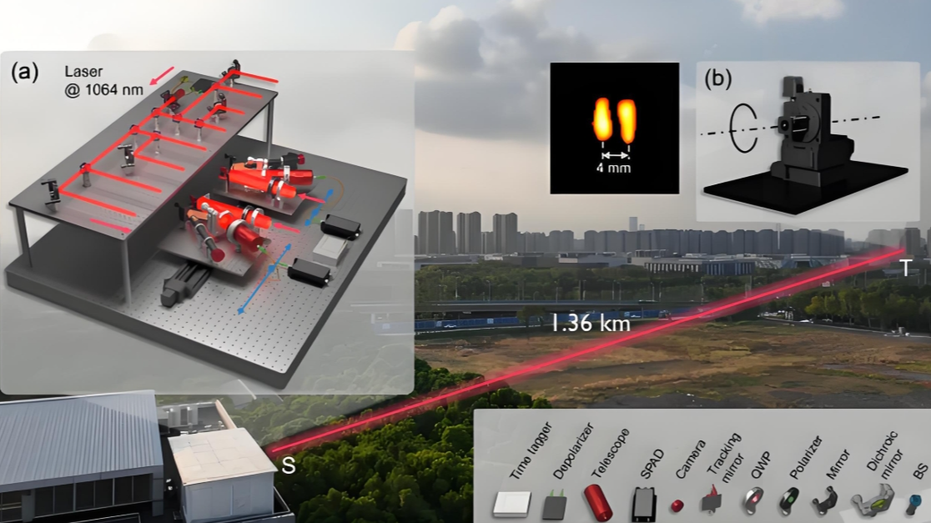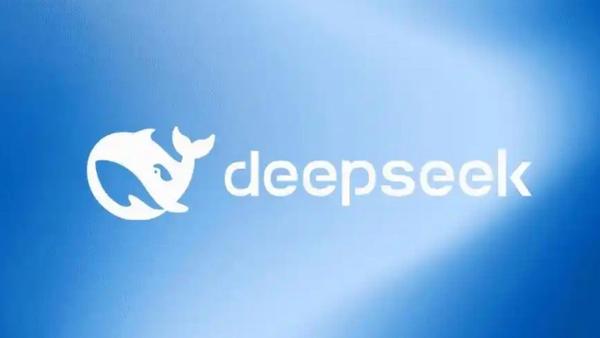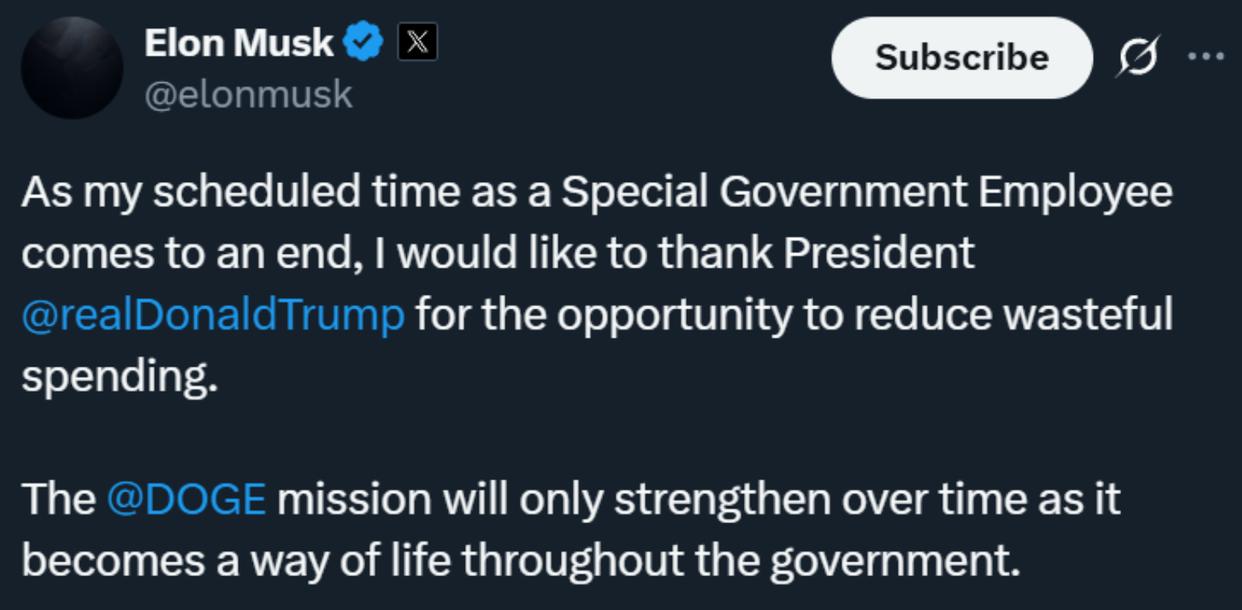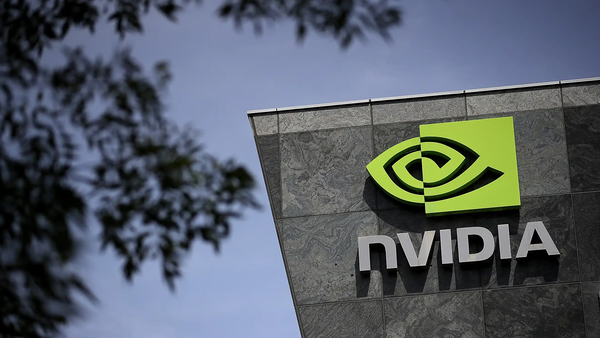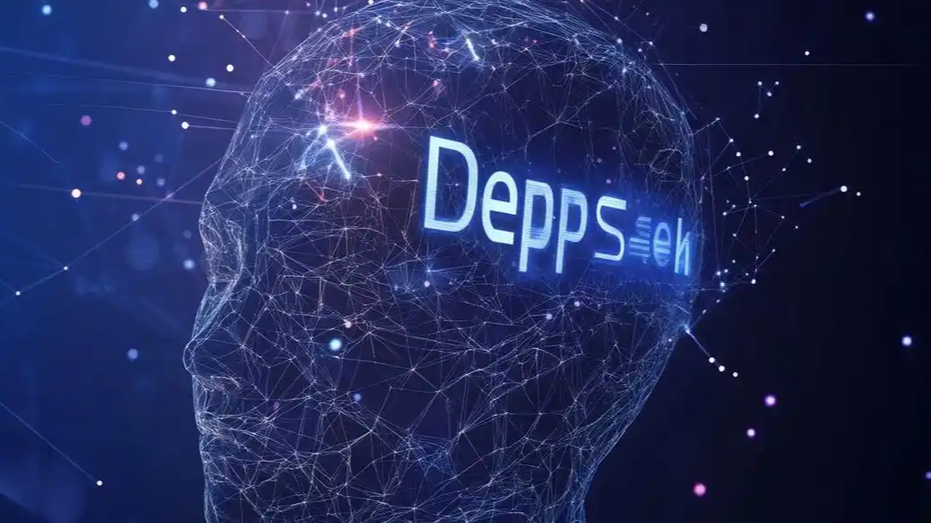
He recently appeared on a TV show discussing how AI is disrupting industries including education and healthcare by making expert knowledge widely accessible. He also highlighted the deep uncertainty surrounding the rapid development of AI. “Wow, this is a little scary,” he said.
The most controversial aspect of the rapid development of AI is its potential impact on the labor market. When asked whether humans will be needed in the future, Gates replied, “Most things will not be needed.” This also confirms people’s concerns that AI may replace many jobs.
When asked what jobs are likely to remain in the AI era, Gates believes that neither chefs nor doctors will be retained. Instead, he believes that professional jobs in biology, energy, and AI design and programming will be most adaptable to the new situation. He has previously emphasized that AI will become “a technology that changes the fate of everyone in five years.”
He warned that AI will “completely change employment” and fundamentally change the labor market. For young people, understanding AI is important to get better job opportunities.
In January this year, Tesla CEO Elon Musk boldly predicted that starting in 2030, humans will face large-scale unemployment and most professional and technical positions will be replaced by AI. He also said that in the future people may not have jobs, and going to work may become an “option”, and AI and robots will be able to provide any goods and services people want.
At the end of last year, he wrote that by the end of 2025, AI will surpass the intelligence of any single individual, and by 2027-2028, it may even surpass the intelligence of all humans. He also believes that by 2030, the probability of AI surpassing all human intelligence is almost 100%.
Facing the advent of the AI era, Musk has publicly stated that the value of college education has been overestimated. He pointed out that many people spend four years in college and accumulate a lot of debt, but in the end they do not learn practical skills. This ability can actually be cultivated in other ways, and even some skills can be directly acquired through practice and personal learning.
The AI era is accelerating, how to prepare for employment?
The rapid progress of AI technology is causing concerns about job replacement around the world. How should humans deal with AI stealing jobs?
As an “optimistic labor economist in the AI era”, Nobel Prize winner Pissarides said in an exclusive interview with 21st Century Business Herald in March last year that AI will not completely replace humans and make people jobless. On the contrary, it will increase jobs. Although some mechanical jobs will disappear, it is more likely to see the collaboration between practitioners and AI. He believes that the application of generative artificial intelligence will help the majority of workers improve their work efficiency, so that people can have more leisure time.
But he also pointed out that in this process, governments, enterprises and individuals need to be fully prepared for the arrival of new technologies. “(From past technological development) The lesson we have learned is that no labor group should be forgotten and should not be isolated from technological development.” He emphasized that the government needs to provide training programs and social welfare measures in a timely manner to ensure a more inclusive development model.
In January this year, the International Labor Organization released the “Overview of the World Employment Situation in 2025”, pointing out that the rapid development of artificial intelligence and automation technology is reshaping the entire industry, which may lead to the disappearance of some jobs, while also creating new jobs. Artificial intelligence technology may put workers engaged in administrative work at a higher risk of unemployment because such jobs are more easily replaced by automation. In addition, technological change requires the workforce to have new skills and knowledge, which may lead to skills mismatch, that is, the existing workforce lacks the skills needed to adapt to new technologies. This may exacerbate inequality in the labor market and hinder labor mobility and career development.
The Boston Consulting Group (BCG) report “AI at Work: Teammates and Opponents” shows that global employees’ views on AI and generative AI are changing significantly, but the tone of “cautious optimism” continues: 42% of respondents believe that the technology will have an impact on their work, up from 26% in the previous year. However, the number of people who are anxious about the technology has also increased by 5%. 49% of users who frequently use the technology believe that their jobs may disappear in the next decade due to the development of AI and generative AI, while only 24% of employees who do not use the technology hold the same view.
The above survey shows that respondents from developing countries such as Brazil, India, Nigeria, South Africa and the Middle East are generally more optimistic and less anxious about the prospects of generative AI than respondents in mature markets. The proportion of business leaders, middle-level managers and front-line employees from developing countries who use generative AI in their daily work is higher than that of developed countries. In the past year, the proportion of middle-level managers and front-line employees in developing countries who have received generative AI training is also higher than that in developed countries. For the time saved by using generative AI, respondents in developing countries are more likely to use it to experiment with generative AI tools, invest in career development, and improve the quality of work.
DeepSeek talks about the fundamental difference between humans and AI
In the future, will there be jobs that will not be replaced by artificial intelligence?
A reporter from 21st Century Business Herald threw this question to DeepSeek, which has been very popular recently. It gave the following answer: Although AI technology is rapidly penetrating into various fields, humans still have some unique advantages, making it difficult for certain occupations to be completely replaced in the foreseeable future.
DeepSeek listed five areas that may be difficult to be completely replaced:
The first is high creativity and artistic expression jobs, such as artists, writers, composers, and top scientific researchers, because “the essence of AI’s creativity is based on the reorganization and imitation of existing data, while human originality, emotional expression, and unconventional imagination are still difficult for machines to replicate.”
The second is complex interpersonal interaction and emotional support jobs, such as psychological counselors/therapists, senior educators, and diplomatic negotiation experts, because “human sensitivity to non-verbal signals (such as micro-expressions, changes in tone) and dynamic decision-making capabilities based on empathy far exceed current AI.”
The third is highly flexible and unstructured environment jobs, such as emergency rescue commanders, archaeologists, and entrepreneurs, because “AI relies on clear rules and structured data, while ambiguity and sudden variables often exist in real scenarios.”
The fourth is ethical judgment and value-oriented jobs, such as judges, ethicists, and religious leaders, because “AI lacks moral subjectivity and cannot bear ethical responsibility for decision-making.”
The fifth is skill-based occupations that require embodied cognition, such as neurosurgeons, cultural relics restorers, and Michelin chefs, because “precise hand-eye coordination, tactile feedback and other physical interactions are still bottlenecks in robotics technology.”
DeepSeek also listed three emerging career opportunities in its answer: AI ethics auditor, reviewing whether the algorithm complies with the principle of fairness; virtual environment designer, building an immersive social space in the metaverse; aging social care planner, designing a pension plan that takes into account both efficiency and humanity.
Finally, in response to people’s panic and anxiety about AI, DeepSeek gave a piece of chicken soup: “AI is essentially a tool rather than a substitute. Instead of worrying about being replaced, it is better to focus on how to use AI to amplify the unique value of humans. History shows that technological progress will eliminate some jobs, but it will always create more complex new needs.”
It emphasizes that cultivating “human skills” that are difficult for machines to replicate, while maintaining lifelong learning, will be the key to coping with change. “As Einstein said: ‘Imagination is more important than knowledge’, and this is the fundamental difference between humans and AI.”



